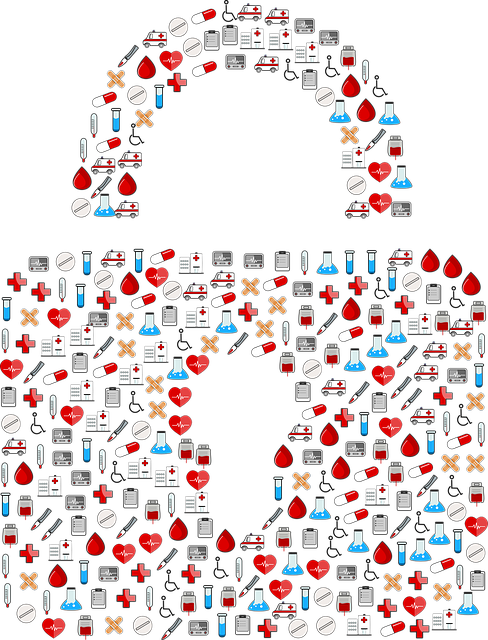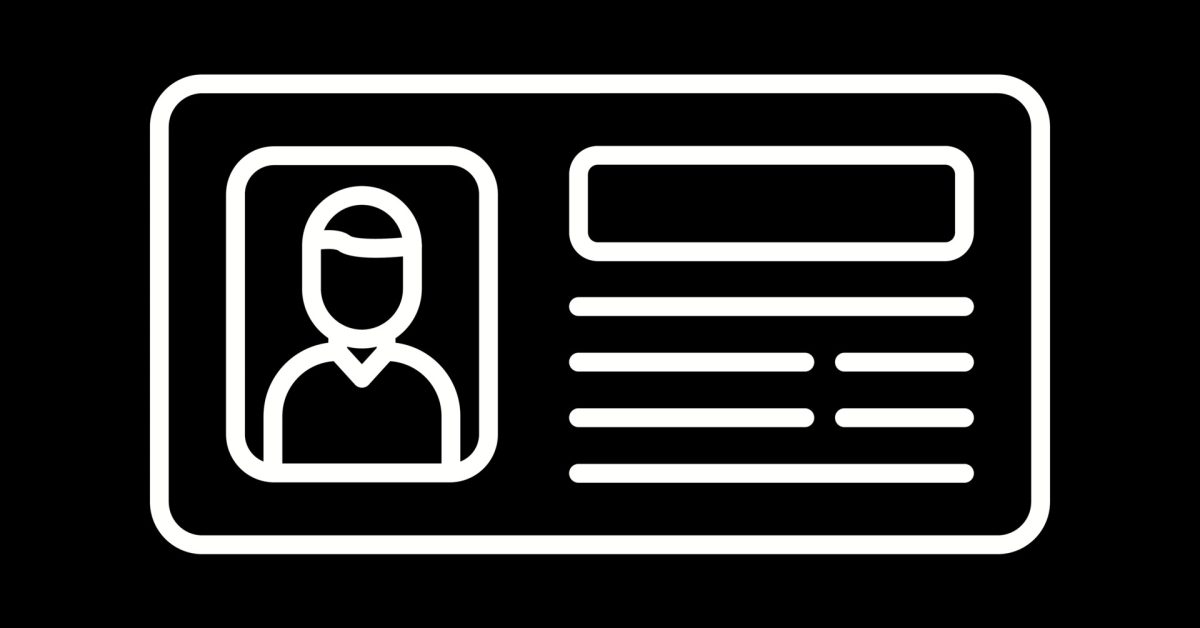Description: This blog post defines the various form security laws and standards, while also providing information on how they work.
Creating a form is a relatively simple task, but there’s more that comes with a form depending on its use. Forms typically require personally identifiable information (PII), so there are different types of standards and laws used to protect this information. These include but aren’t limited to the Health Insurance Portability and Accountability Act (HIPPA), the Family Educational Rights and Privacy Act (FERPA), and PCI which stands for payment card industry. If a form requires information that falls within one of these laws and standards, it must be compliant with everyone it falls under.
PII Form Security

PII stands for personally identifiable information. So, anything that can be used to directly identify you is personally identifiable information. Some examples include simple things such as your name, address, email, number, all of which you may not think much about when entering into a form. The contact form on my portfolio requires some of this information. Your social security is another example, but I hope you put more thought into where you give that out!
According to the U.S. Department of Labor, PII is also defined as information “by which an agency intends to identify specific individuals in conjunction with other data elements, i.e., indirect identification.” These include elements like your gender, race, birth date, and geographic indicator, which most people wouldn’t put much thought into when entering it in a form. Make sure whatever form you’re filling out is secure, especially if they’re asking for any type of personally identifiable information. Information that you think isn’t a big deal to give out may be just enough for someone to identify you, so be careful!
HIPAA Form Security

The Centers for Disease Control and Prevention (CDC) states that the Health Insurance Portability and Accountability Act (HIPAA) is a federal law required to protect patients’ health information from being disclosed without consent. Any form storing medical records and health information needs to be protected by HIPAA. If you’re building a form that stores this kind of information, there’s many HIPAA Compliant form builders to help you protect that information.
HIPAA Privacy Rule
Within HIPAA is a privacy rule that according to the U.S. Department of Health and Human Services “establishes national standards to protect individuals’ medical records and other individually identifiable health information and applies to health plans, health care, clearinghouses, and those health care providers that conduct certain health care transactions electronically.” This rule is used to protect the privacy of this sensitive information by setting rules and disclosure. This rule gives people the to their health records which includes the right to examine and obtain a copy of their health information.
FERPA Form Security

The Family Educational Rights and Privacy Act protects a child’s educational records. If you were ever in class and a teacher accidentally showed grades, it may not have seemed like a big deal, but that’s breaking the law. That’s why teachers are so adamant about not showing or discussing grades sometimes. Unless it’s directly to you or a parent, they aren’t supposed to show a student grade to another. The U.S. Department of Education states that FERPA “is a federal law that affords parents the right to have access to their children’s educational records, the right to seek to have the records amendment, and the right to have some control over the disclosure of personally identifiable information from the education records.” Once a student turns 18, those rights transfer to them. To put it simply, schools are not allowed to release any of your educational records without consent.
PCI Form Security

Finally, payment card industry (PCI) is a set of standards that payment card companies follow to protect consumers information and makes businesses implement additional safety measures. It’s important when defending cardholder data, external threats, internal threats, complacency, and more. Within PCI is DSS, when combined it stands for Payment Card Industry Data Security Standard. Tidal Commerce defines this as “a set of rules and guidelines that businesses must follow in order to protect cardholders while supporting credit card transactions.”
Form Security Conclusion
Creating forms may seem easy, but based on the information being collected there are various laws and standards that must be followed. So, make sure you’re aware of what you need to comply with when collecting information. As for when you’re filling out a form, make sure you understand the type of information you’re giving away. In addition, know your rights to avoid missing out on information or making poor choices.

